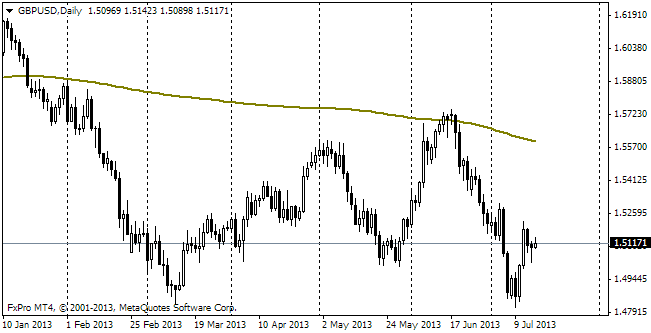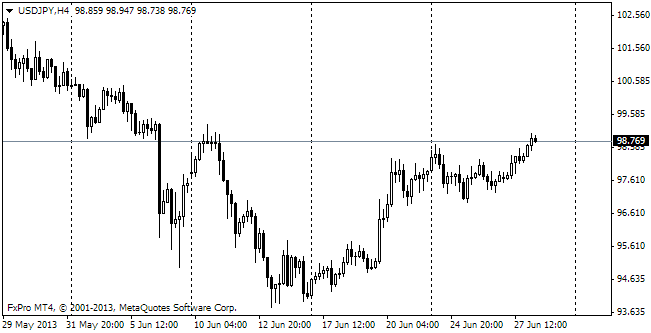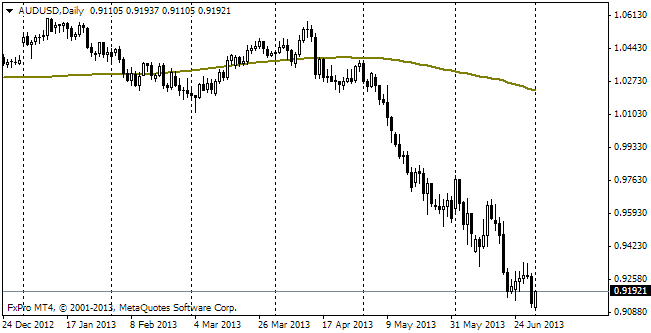EUR/usd
The euro/dollar keeps growing and has already risen close to 1.3900. The dollar demand has been less strong this week, which is partly a result of the lower interest in the US stocks and partly – of the realization that the ECB won't move in the direction of new incentives, while the EU economy is improving. Regarding stocks, we can see the growing confidence of investors in the inevitability of a retracement in the near future. Besides, lately the core indexes feel difficulty with growth and are trading flat, while volatility indexes have declined to the levels, speaking about a possible reversal of the trend. The ECB for a while inspired the markets with the hope for the incentives after draghi's press-conference on Thursday. But already this week everything resumed its natural course – members of the governing board treat QE just as a theory, which yet has to travel a long way to become a reality and also believe that economic growth reduces the threat of deflation and even of the long period of low inflation. In addition, yesterday Greece successfully placed its 5-year government bonds, where the 3bln release was met by 20bln of claims, with the main buyers coming from outside the country. The unemployment statistics, released later, also proved to be quite favourable for growth of the euro – in January the unemployment decreased to 26.7% against 27.2% a month ago and the peak rate of 27.7% in September. The EU officials have already mentioned that the region passed its worst time of decline. Yet, there is a but: the recent industrial production data (of Italy, France, Spain and Portugal) already imply that the growth will stop soon and the price indexes – that deflation is close. The expensive currency will put even more pressure on these indicators in the coming months. If only the ECB could pursue a preemptive tactic as befits the CB, it would be carrying out economic stimulation already now.
GBP/USD
Up in the hills people may suffer hypoxia – oxygen starvation. Something like that can be possibly said about the sterling. It is clearly seen that it takes pains to stay at 1.6800. Yesterday for no particular reason in the news background and against the general weakness of the dollar, the sterling was depreciating, now being as low as 1.6770. If the correlation of the pound and stock indexes (lately has been less strong) is again in the focus of investors, gbpusd will possibly suffer more losses, falling right to 1.6700, despite the strong industrial production statistics, released earlier this week.

USD/JPY
The pair remains close to the support of 101.50, being too weak to move off it due to selling of stock indexes in the US and later Asian sessions. With certain caution we still consider that today the market will hardly venture to break the established corridors and it means that stock indexes have a chance to bounce as well as usdjpy against the background of Friday's profit taking.

AUD/USD
Friday's retracement after the strong movement may affect the aussie. This week it has grown to 0.9450, i.e. approximately by two figures to the highest levels since last November. If selling starts at these levels, it can become the beginning of a longer correction.
